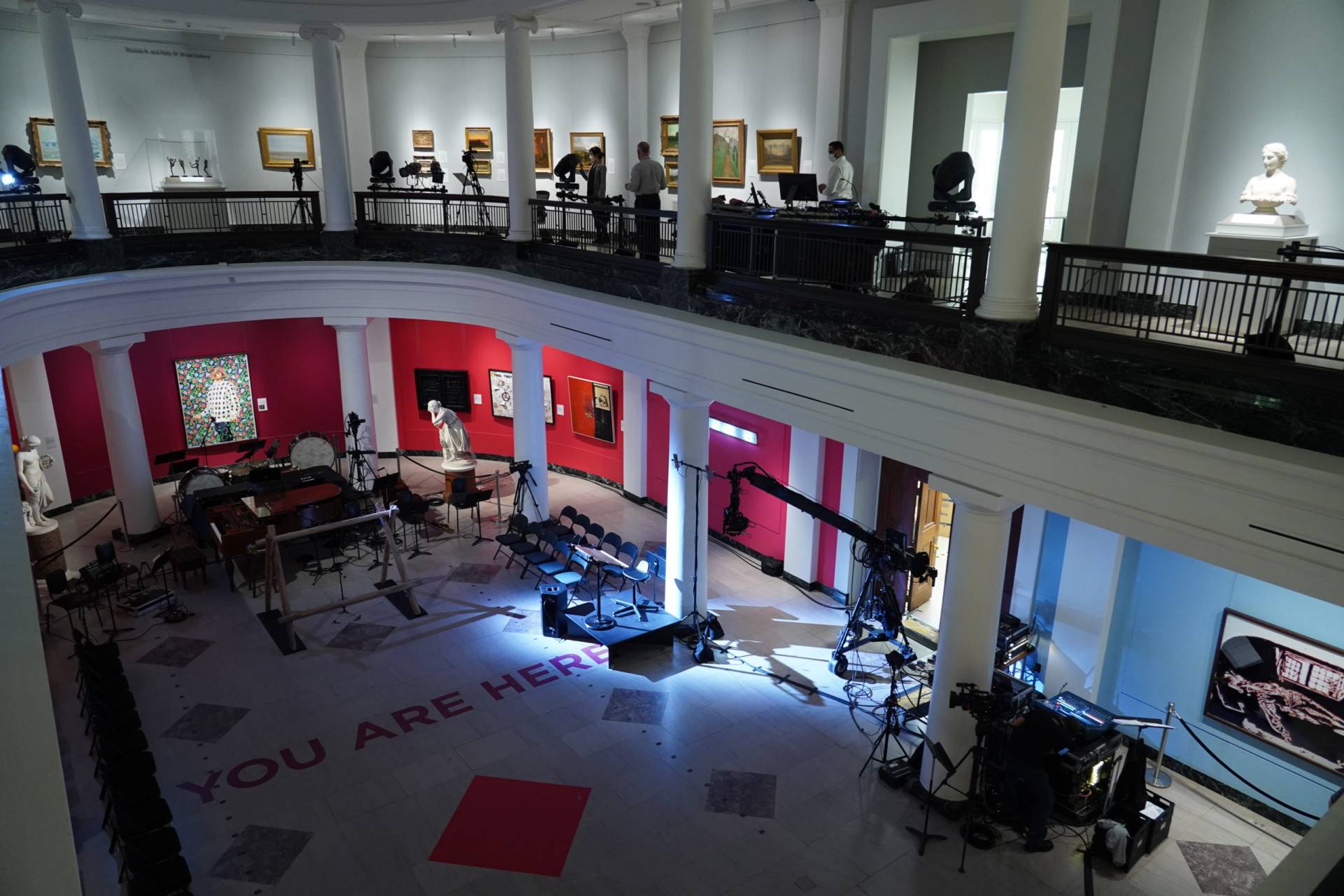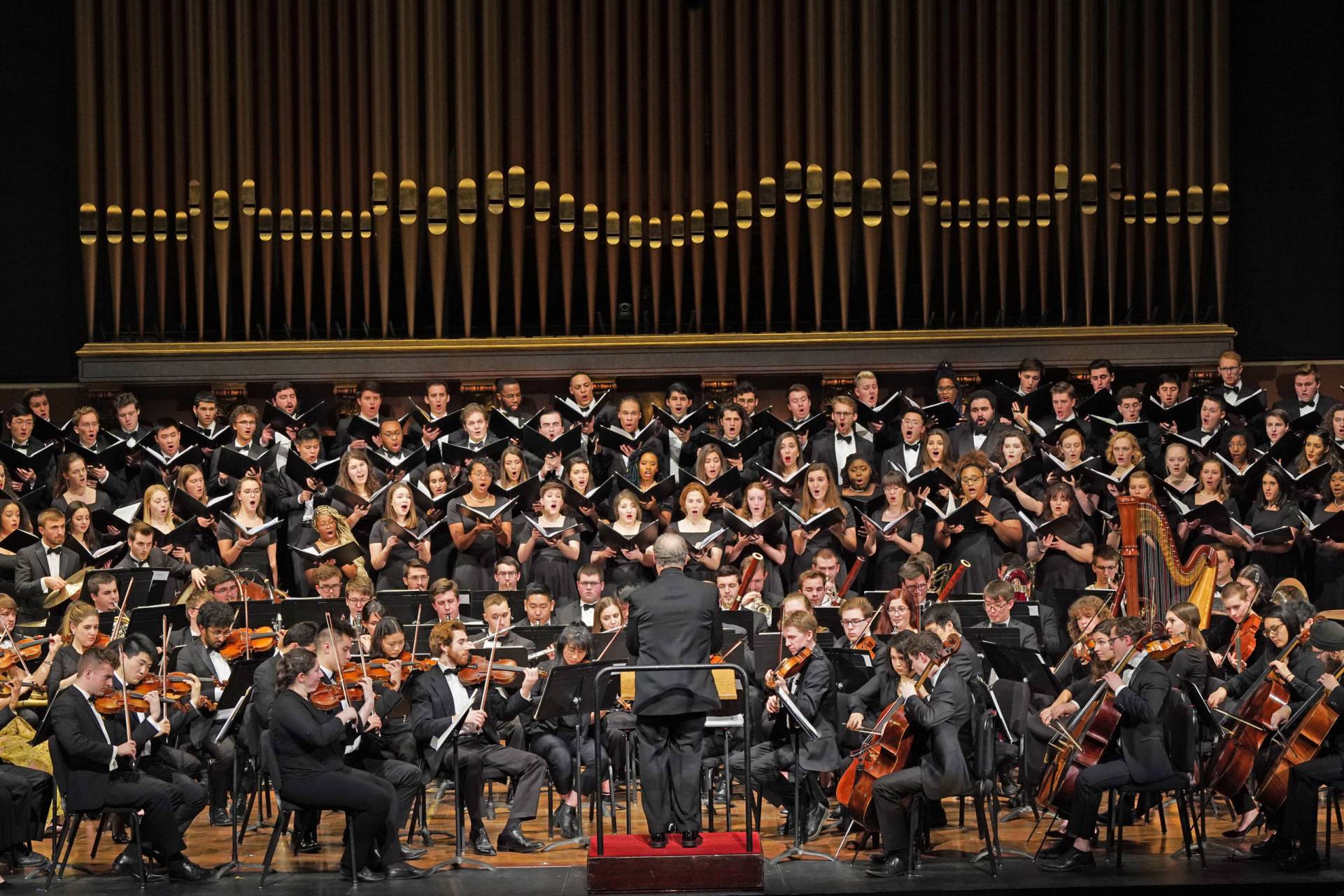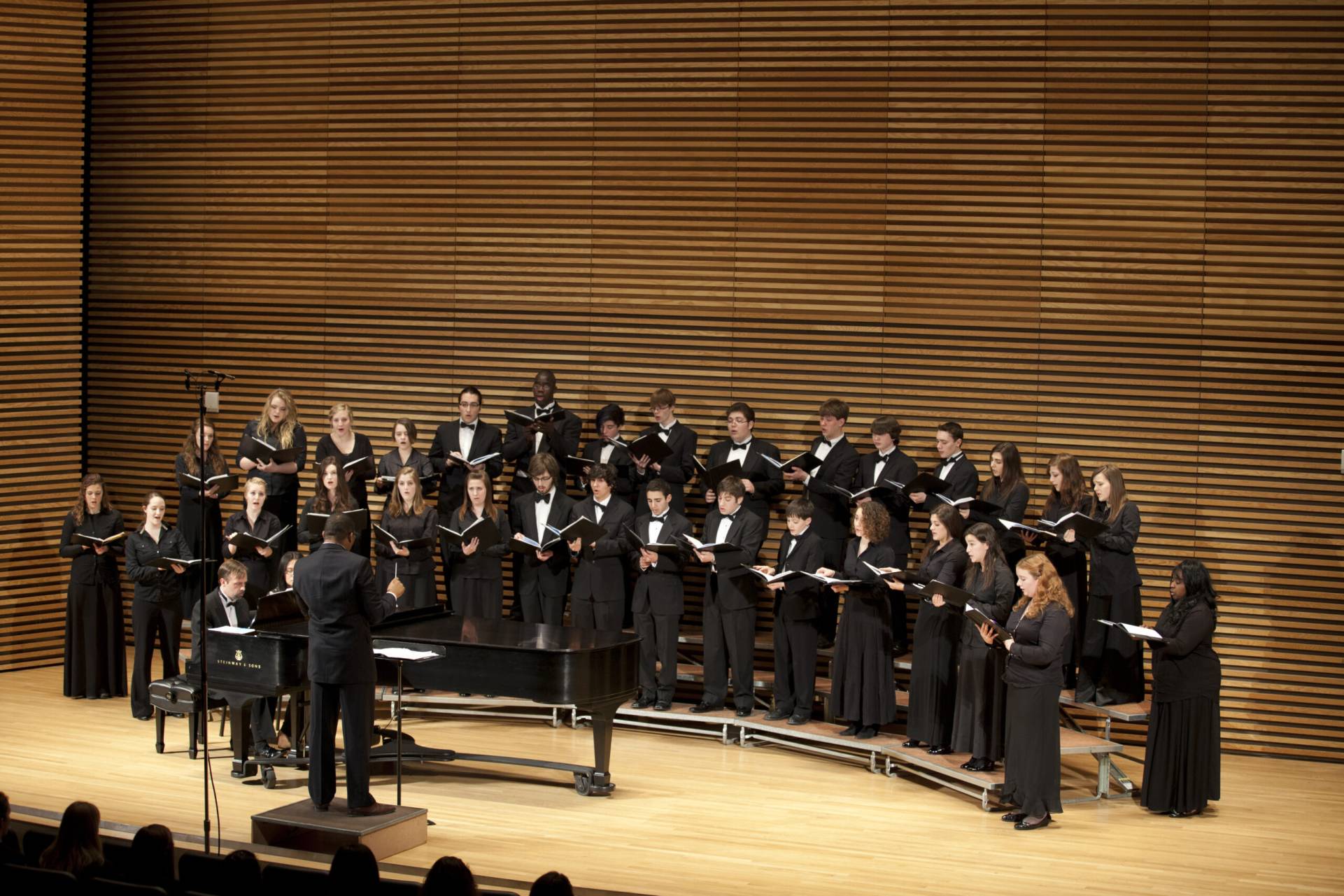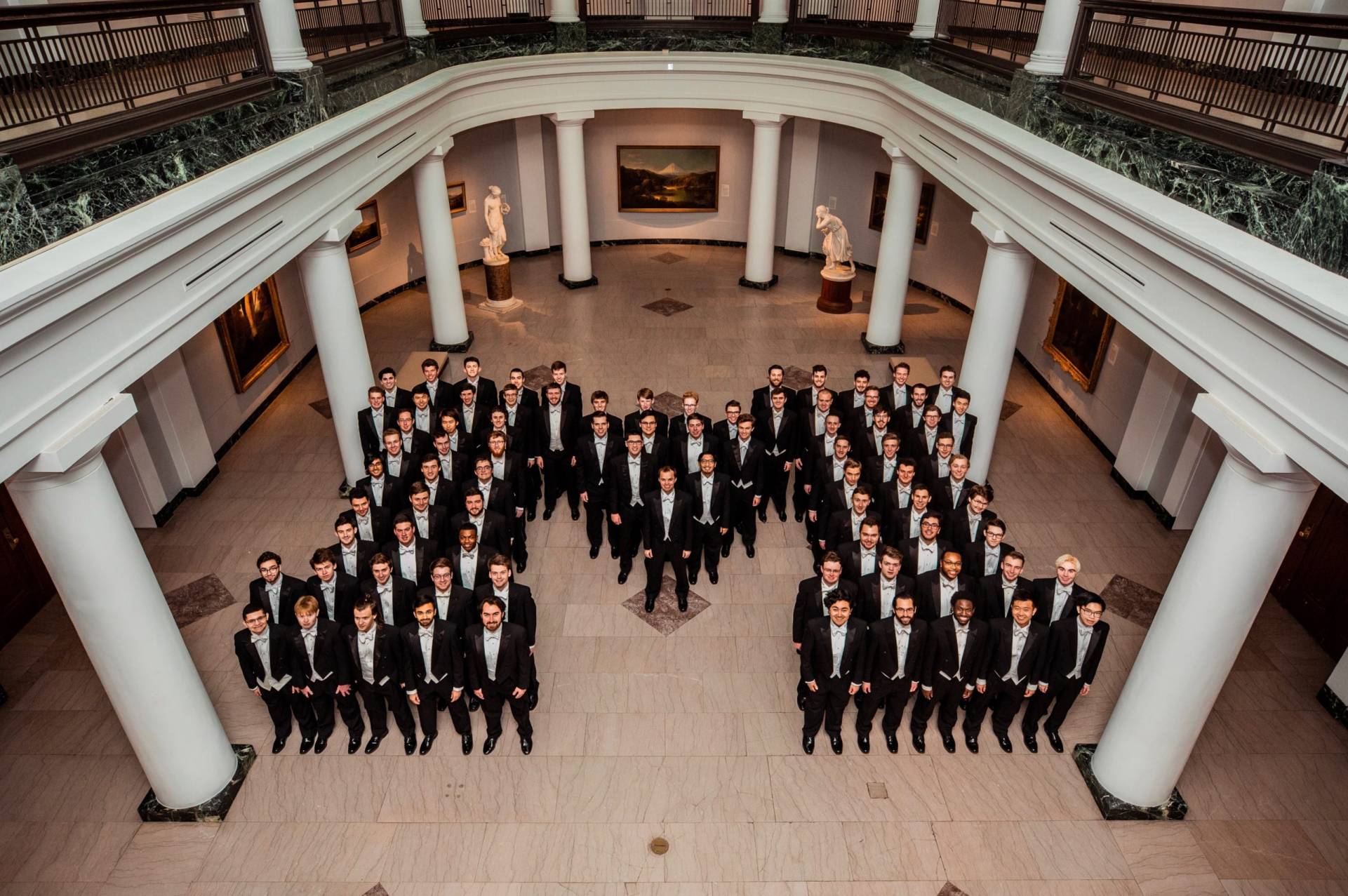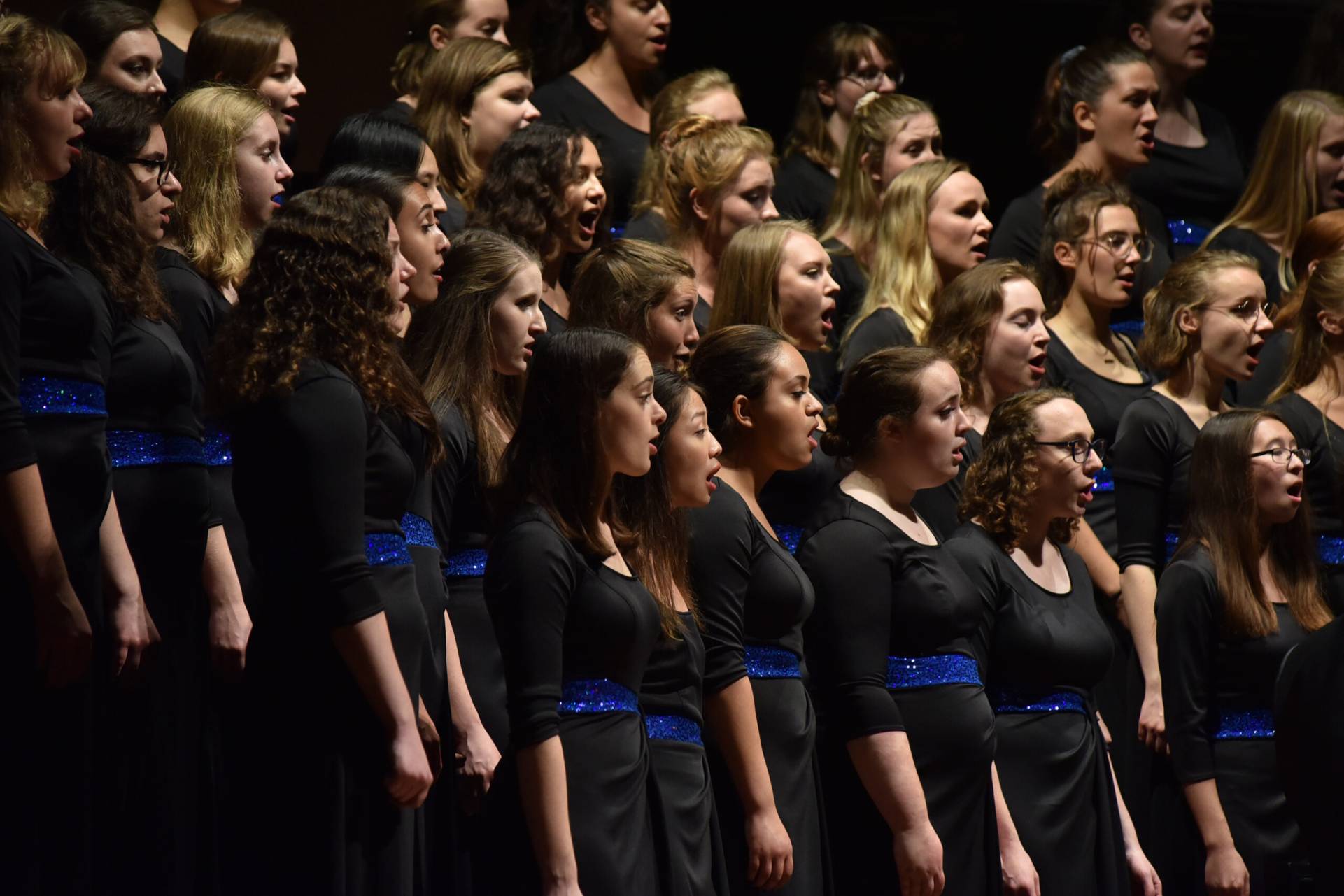Master of Music in Conducting, Choral
Designed for students seeking to become highly qualified professional conductors through intensive study with a major artist-teacher, this program offers an exceptional and rigorous musical education that includes conducting and rehearsal techniques, score study and surveys of historically important and diverse, contemporary repertoire. The faculty encourage collaboration, with an emphasis on personal and musical growth. The choral conducting studio is limited in size, so students receive many opportunities to conduct choirs of varying size and repertoire focus, opera, and other instrumental ensembles from within the school. The University of Michigan is a leader in commissioning new works from a diverse range of composers while also maintaining a rigorous focus on the historical canon.
Curriculum
The Master of Music in Conducting: Choral requires a minimum of 32 credits. Coursework to include:
- Choral Conducting Performance
- Orchestral Conducting Seminar
- Aural Skills for Conductors
- Music Theory
- Musicology
- Ensemble participation
- SMTD electives
A presentation of a final conducting project consisting of two or more conducting appearances, one of which must be with an SMTD major ensemble.
Silent Advisor
Degree requirements and term-by-term layout for current students.
Faculty

Reed Criddle
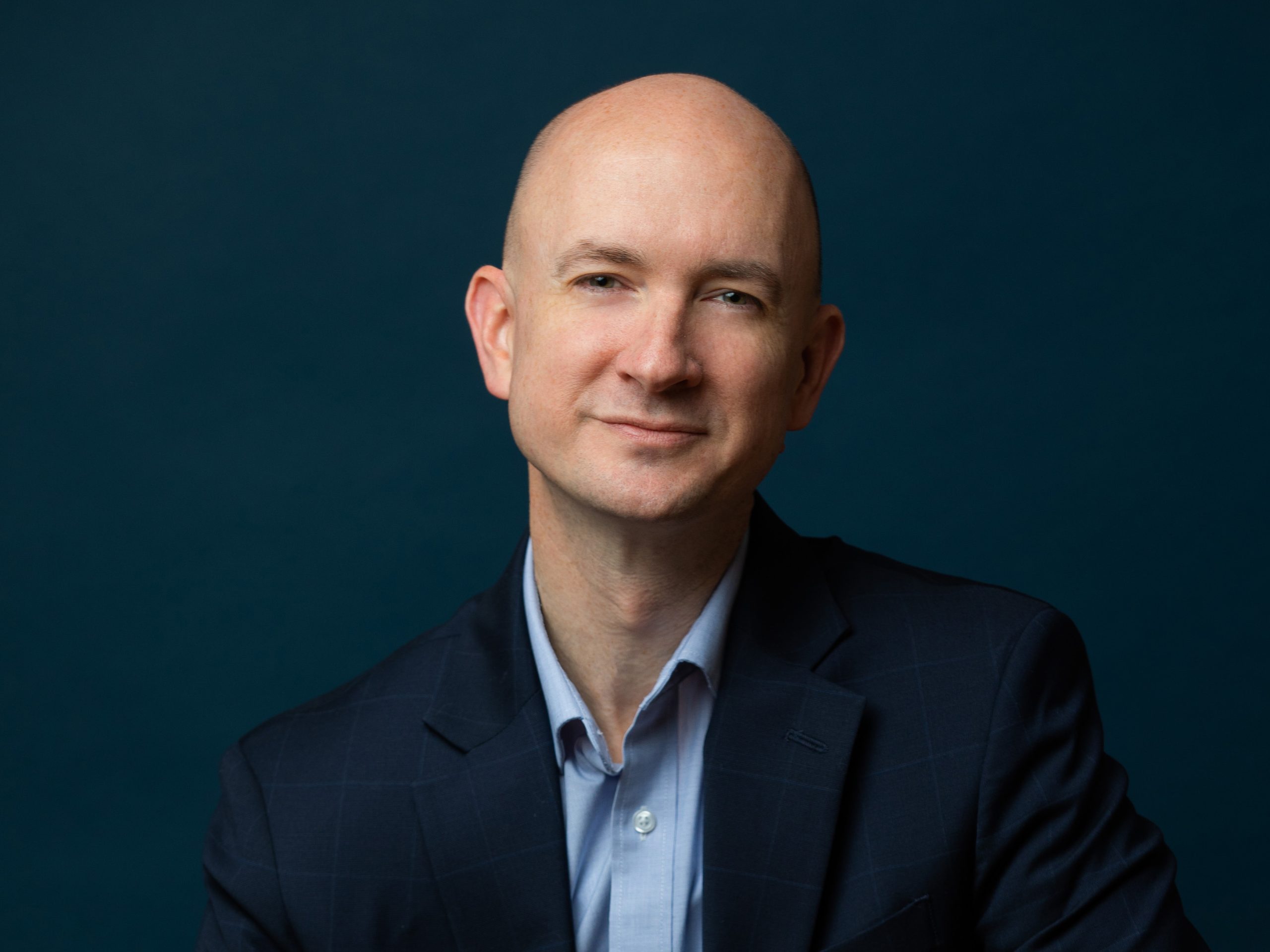
Jason Fettig
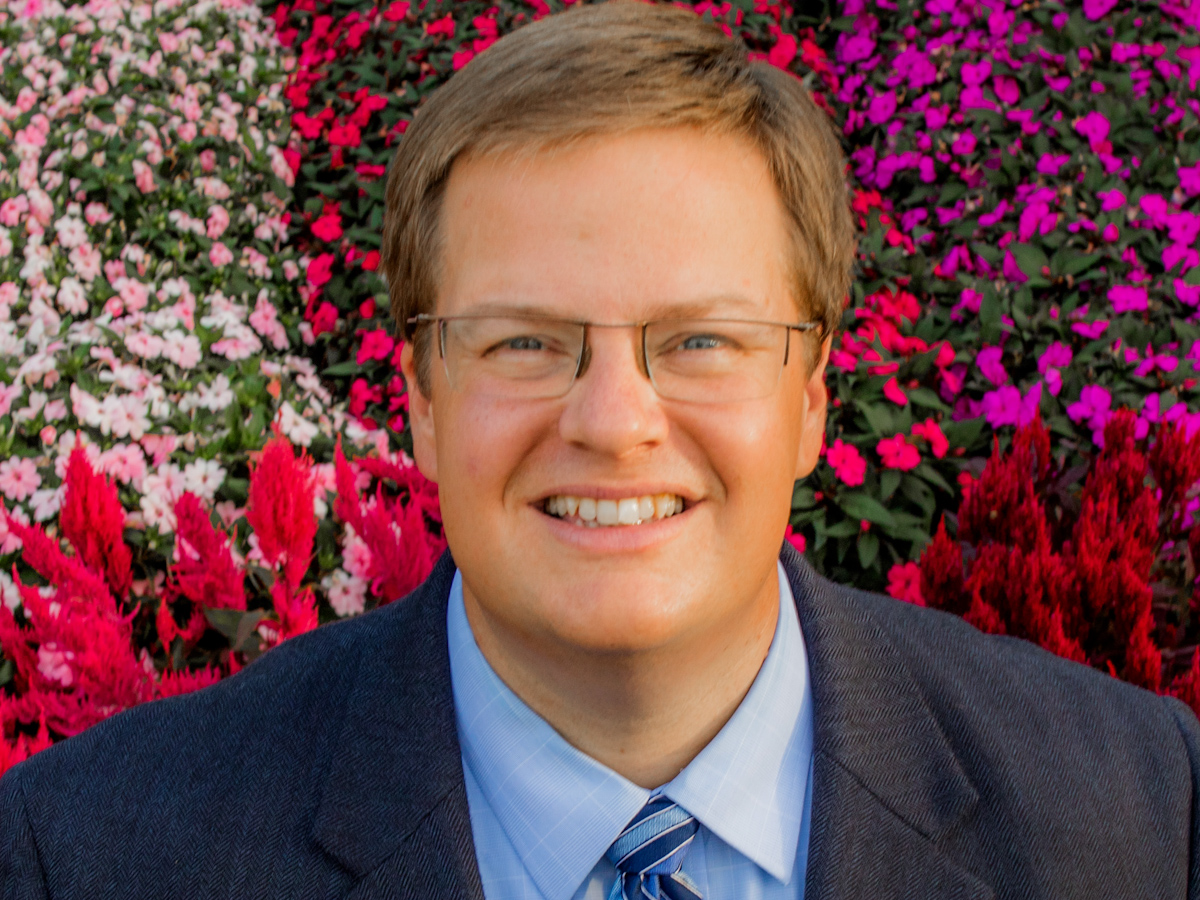
Richard Frey
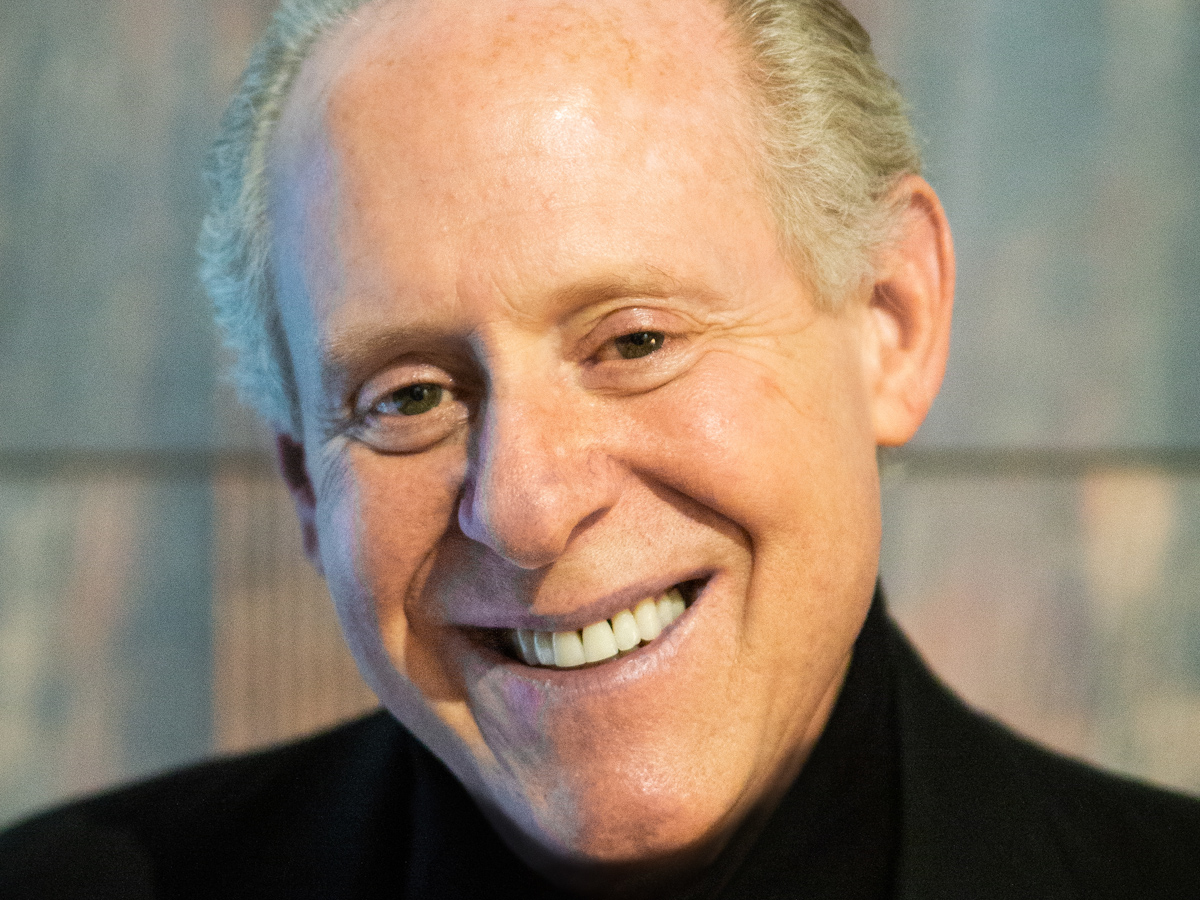
Kenneth Kiesler

Michael Mitchell
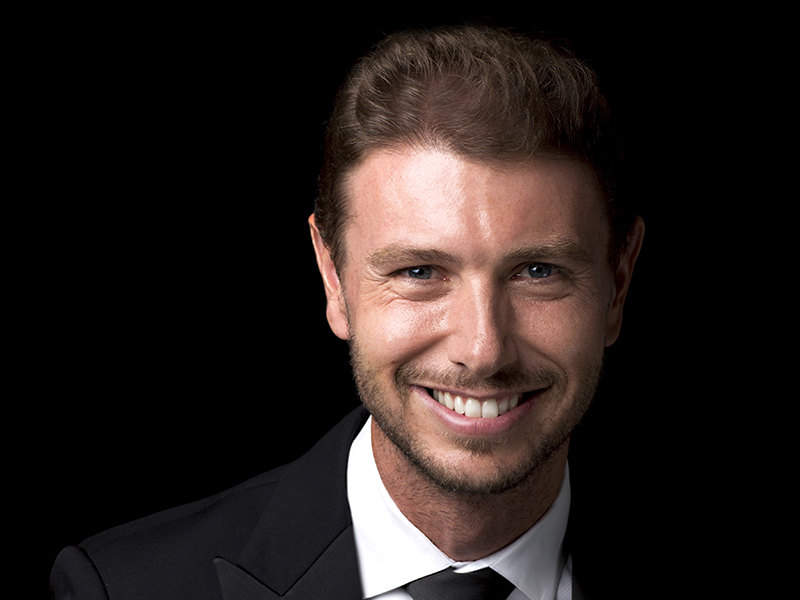
Jayce Ogren

John Pasquale
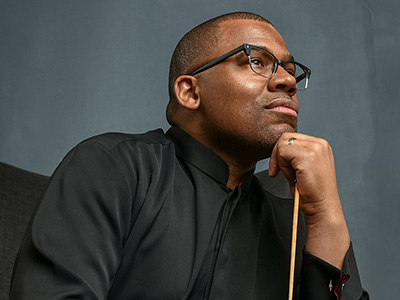
Eugene Rogers
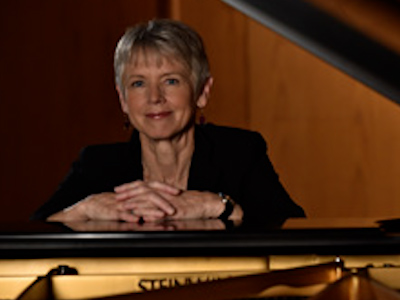
Ellen Rowe

Julie Skadsem
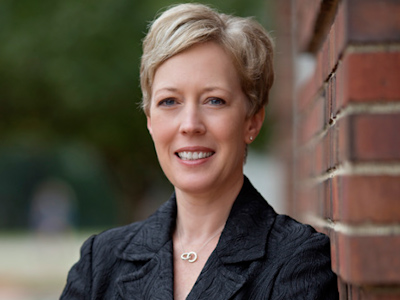
Courtney Snyder
Performance Opportunities
From large ensembles in celebrated concert halls to chamber groups in intimate recital spaces, performance opportunities across all disciplines abound, with nearly 900 student performances each academic year. Whether your focus is on early, classical, or contemporary music, whether your passion is for jazz, electronic, or world music, there is an ensemble—or in many cases, multiple ensembles—to suit your interests.

